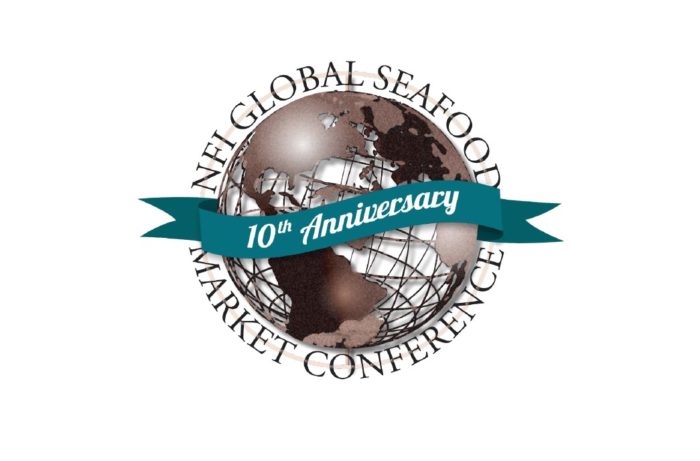The National Fisheries Institute (NFI) recently hosted the 10th anniversary of The Global Seafood Market Conference (GSMC) from January 18-20, 2022, in Orlando, Florida. GSMC is an annual conference that offers high-caliber insights into trends and provides expertise on seafood products, markets, and consumers.
Savanna Ronco, Seattle Fish Company’s Marketing Coordinator, attended the conference, held at the Omni Orlando Resort at Championsgate. Savanna is an active member of NFI’s Communications & Education Committee.
This year’s GSMC agenda featured many expert speakers from both inside and outside of the seafood industry – shedding light on relevant topics such as retail, food service, economics, freight, and other sectors. While the seafood industry will continue to be unpredictable throughout 2022, Seattle Fish Company will continue to collaborate with NFI and its members to voice current challenges and develop solutions.
Below are a few key takeaways from the 2022 GSMC Conference:
1 – “Covid was good for seafood.”
One of the most anticipated presentations each year is from Datassential’s Kelley Fechner. According to Datassential’s research, only 13% of people say that they “don’t know how to prepare seafood” and over a third of consumers are seeking to increase their consumption of seafood. This shows that people are interested in eating more seafood and are no longer unsure or afraid of how to prepare it, which is incredible insight for those in the seafood industry, particularly the retail sector. Fechner attributes this to the many months during the pandemic of restaurant closures where people were cooking at home with more time to research online recipes and Youtube videos.
Wells Fargo Senior Economist Tim Quinlan mentioned that retail sales have grown 21.5 percent over pre-pandemic levels, which he attributes to U.S. government stimulus checks, generous jobless benefits, and the child tax credit. “Even though all three programs are no longer funded, a carryover effect will continue to fuel the U.S. economy.”
2 – Restaurants Struggling to Keep Up with Challenges
Restaurants’ labor costs are running at the highest rate in more than 40 years, according to B. Hudson Riehle, senior vice president of the National Restaurant Association Research and Knowledge Group. Food costs are also rising, leading to menu prices rising 4.5 percent last year – the highest rate since 2008, according to Riehle. “The one salvation is that users want to use the industry,” Riehle said. However, higher menu prices due to various cost increases may spook customers, particularly when it comes to ordering seafood dishes.
Most concerning, though, according to Datassential’s Fechner, is the number of restaurants, particularly fine-dining independent restaurants, that have been forced permanently close. Those fine-dining restaurants that have been able to stay open are shrinking their menus more than any other type of restaurant, Fechner said. However, seafood appearances on fine-dining menus have declined only 0.9 percent over the past year, compared to chicken (dropped 2.6 percent) and beef (declined 1 percent), with pork appearing on 1.9 percent more menus.
3 – Top Trends in 2022
Frozen seafood will continue to trend upwards in 2022, according to Chris DuBois, IRI Senior Vice President, who shared that frozen sales rose 2.8 percent compared to 2020 and 40.8 percent versus 2019.
Anne-Marie Roerink, 210 Analytics Principal, also mentioned that grilling offers a huge potential growth opportunity for retailers to grow their value-added seafood sales, as Americans spent $4.5 billion on smokers and grills in 2020. With many consumers seeking protein variety, Roerink also predicts that takeout and delivery of prepared seafood could grow in 2022.
According to Datassential’s Fechner and SeafoodNews, one of the big predicted winners in the next few years is Alaska Pollock. Alaska Pollock, which had less than 1% penetration on menus last year, is predicted to grow 21%. Transparency will likely play a part in that, with younger consumers being much more interested in where their fish is sourced from. In fact, the Association of Genuine Alaska Pollock Producers (GAPP) was recognized by the Marine Stewardship Council (MSC) for fishery management and sustainability with its 2021 Ocean Champion Award at this year’s GSMC.
In summary, it’s clear that consumers are waking up to seafood! Understanding how shoppers and diners engage with seafood, the forces that shape that engagement, and how external forces impact our industry will continue be important. Look for Seattle Fish to continue investing in industry leadership that shapes our marketplace, keep our pulse on the trends as well as important information you need, and share this with you in a meaningful manner.

